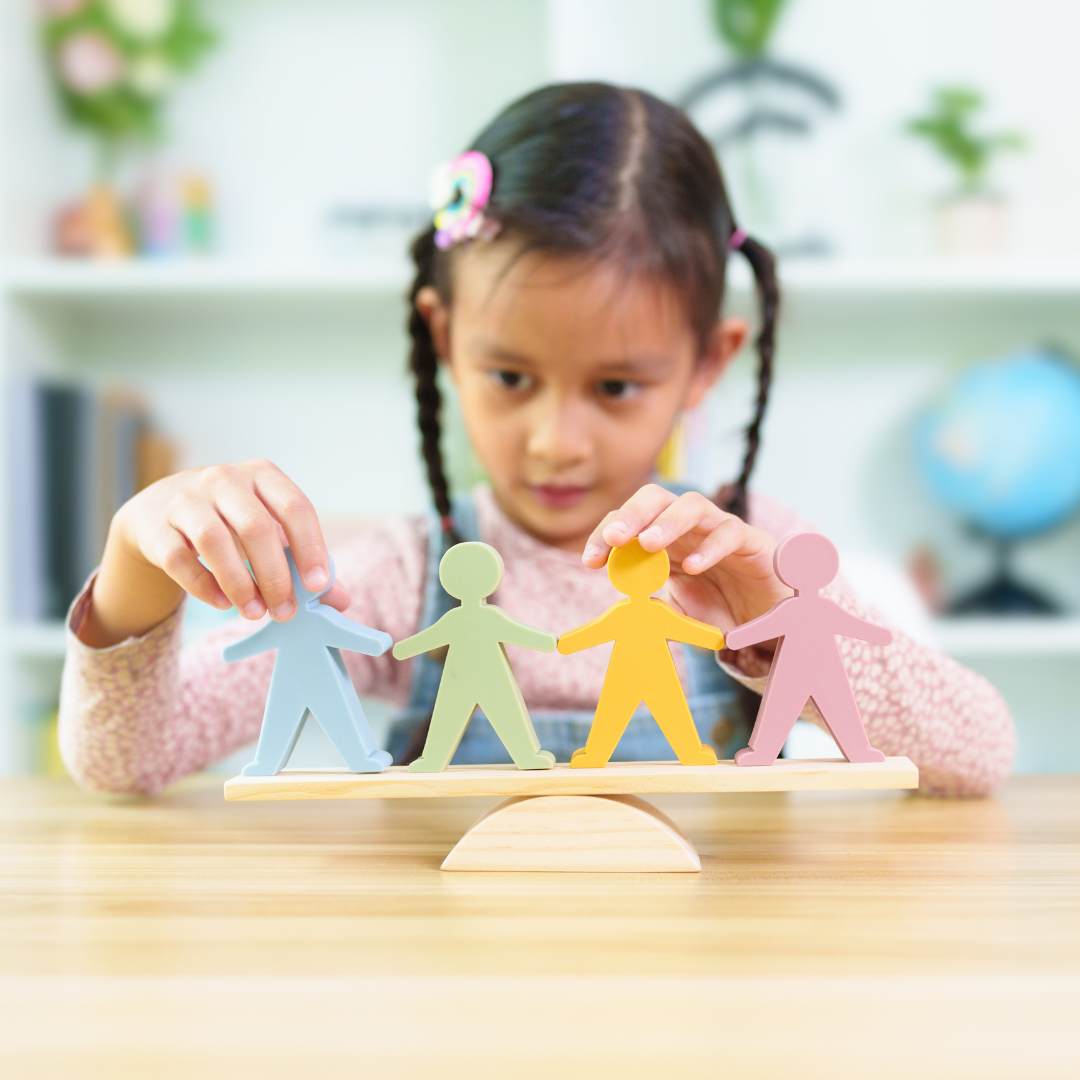For many multilingual families, a common question that arises during their child’s early years is“Should we keep speaking our home language, or will that confuse our child?”
Our response is always ‘Yes, keep speaking your home language’. In fact, continuing to use your native language at home plays a powerful role in your child’s early language and overall development.
Multilingualism Is a Strength
Contrary to common myths, learning more than one language does not cause confusion or delay. Children around the world grow up successfully speaking two or more languages. In fact, being multilingual can:
– Support stronger cognitive flexibility and problem-solving skills
– Help children build meaningful connections with family and culture
– Provide long-term academic and social advantages
The key is consistent, rich exposure to language, in any language.
Why Home Language Matters in Early Development
The language a child hears most in the early years is the one they develop first. For many families, that’s the home language. Using this language:
– Allows parents to model natural, fluent speech
– Helps children understand complex emotions, routines, and relationships
– Creates a strong foundation for future learning, including literacy
– Maintains cultural identity and family connection
When children develop strong skills in their first language, those skills often transfer to English as they begin formal education or spend more time in English-speaking environments.
Should We Switch to English at Home?
Many parents feel pressure to speak English at home, especially if their child shows signs of speech or language delay. But research and clinical experience show that switching to English, particularly if parents are not fully comfortable with it, may limit the quality of language input a child receives.
Instead, we recommend that families:
– Continue speaking their strongest language at home
– Use rich, varied vocabulary through songs, books, stories, and conversation
– Let English develop naturally through exposure at childcare, school, or in the community
Children who are immersed in strong, supportive language environments, regardless of the language, are more likely to develop strong communication skills.
How can Box Hill Speech Pathology Clinic Help?
The team at Box Hill Speech Pathology Clinic provide:
– Multilingual-friendly assessments that consider both languages your child is learning
– Tailored support for speech and language development, without asking families to give up their home language
– Guidance for parents on how to support communication and vocabulary growth in everyday routines
– A welcoming, inclusive environment for families from all language and cultural backgrounds
If you’re raising a child in a bilingual or multilingual household, you’re giving them a wonderful gift. Keep speaking your home language, and trust that it will support, not hinder, their communication development.
Our team at Box Hill Speech Pathology Clinic are here to guide, support, and empower you and/or your child every step of the way. Contact the clinic today to book a consultation or assessment.

